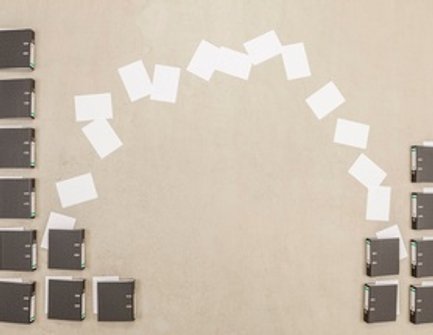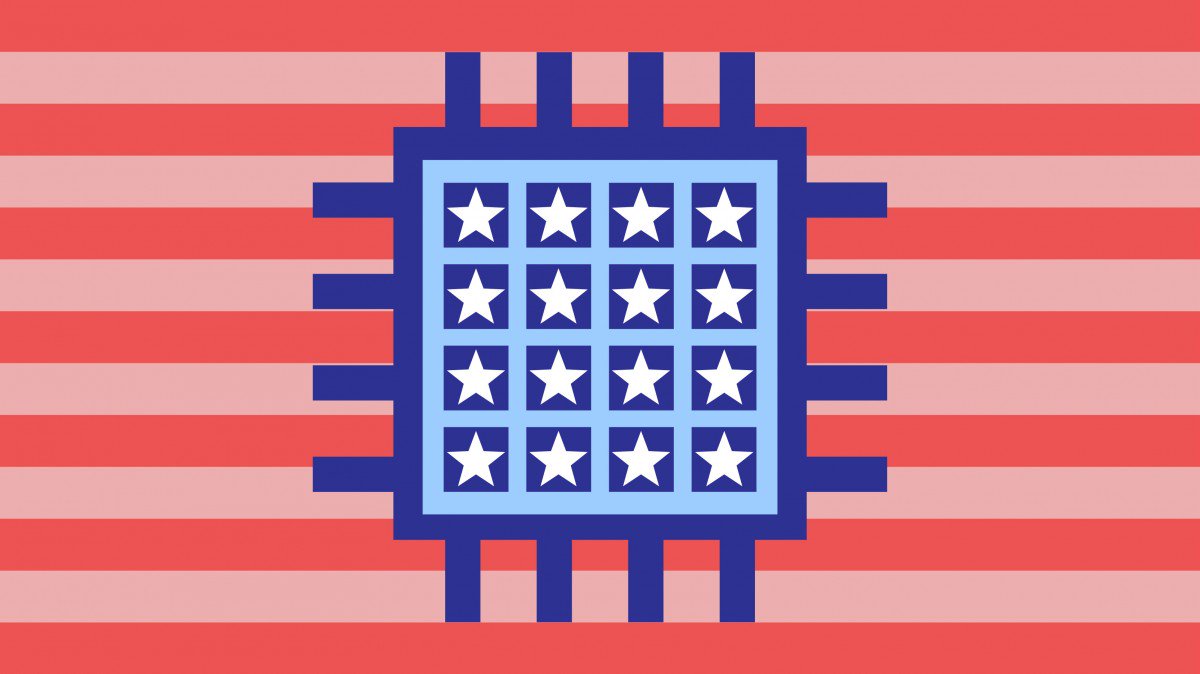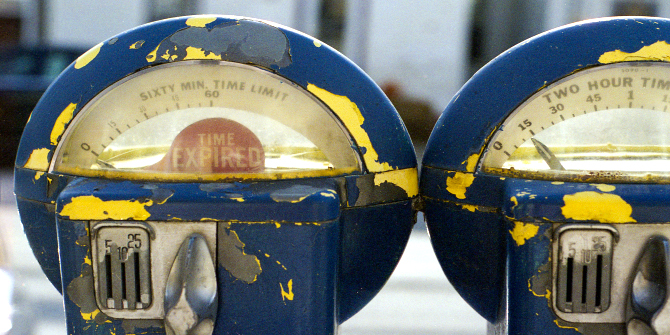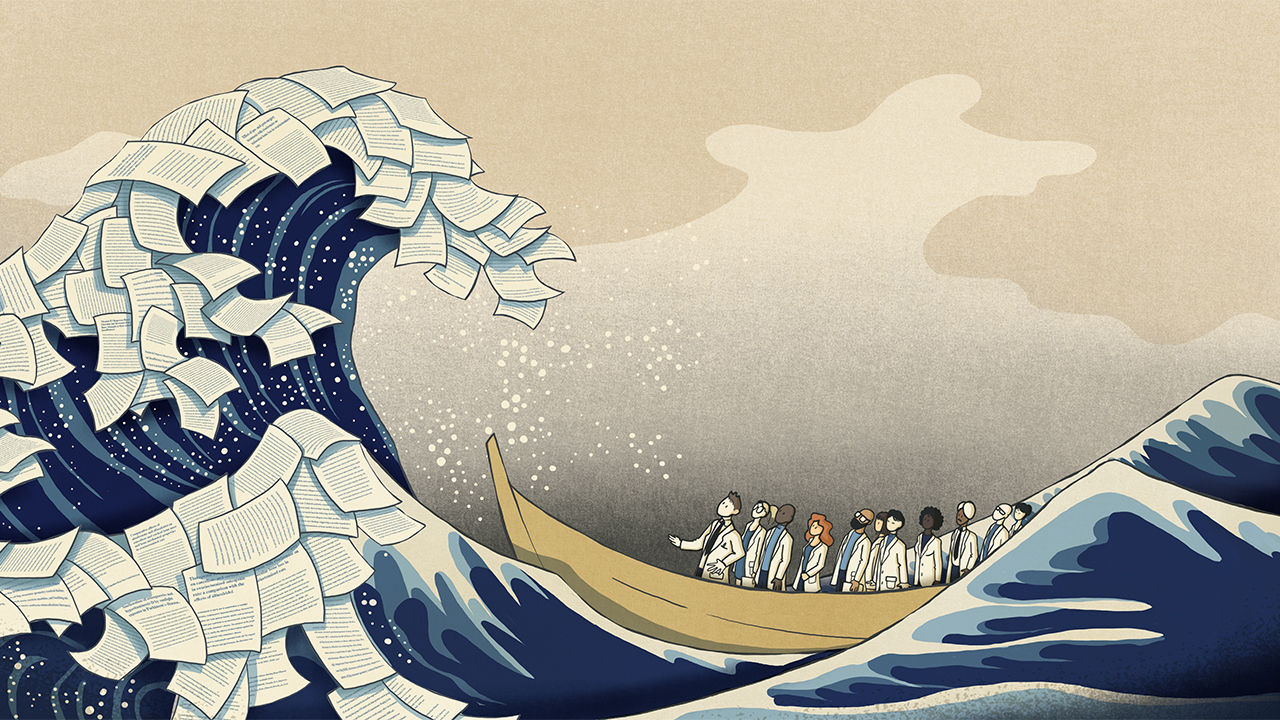How Freely Should Scientists Share Their Data?
How Freely Should Scientists Share Their Data?
The Open Science movement champions transparency, but how much and how quickly is a matter of dispute.

The Open Science movement champions transparency, but how much and how quickly is a matter of dispute.

A Guardian investigation, in collaboration with German broadcaster Norddeutscher Rundfunk, reveals the open-access publishers who accept any article submitted for a fee.

"Science, research and innovation performance of the EU, 2018" (SRIP) analyses Europe’s performance dynamics in science, research and innovation and its drivers, in a global context.
Robert Kiley, Head of Open Research, and Jim Smith, Director of Science, discuss the steps Wellcome is taking to fulfil the principles of the San Francisco Declaration on Research Assessment (DORA).

The benefits and challenges of three approaches to scientific meetings.

The US military agency is worried the country could lose its edge in semiconductor chips with the end of Moore’s Law.

Journal rankings are a rigged game. The blacklist of history of economic thought journals isn’t a fluke nor a conspiracy - it exposes how citation rankings really work.
A set of complementary guides covering the main aspects of depositing software into digital repositories.
We present an agent-based model of paper publication and consumption that allows to study the effect of two different evaluation mechanisms, peer review and reputation, on the quality of the manuscripts accessed by a scientific community.

Social media can promote openness in research as international partnerships and collaborations are jeopardised, while increased adoption by scientists can also redress the balance that has shifted towards ill-evidenced news on some platforms.

Unpaywall has become indispensable to many academics, and tie-ins with established scientific search engines could broaden its reach.
How the World Academy of Science, Engineering and Technology became a multimillion dollar organization promoting bullshit science through fake conferences and journals.

The active use of metrics in everyday research activities suggests academics have accepted them as standards of evaluation, that they are “thinking with indicators”. Yet when asked, many academics profess concern about the limitations of evaluative metrics and the extent of their use.

eLife is conducting an open search for a new Editor-in-Chief to succeed Randy Schekman.
When scientists reach mid-career, they suddenly have to manage people, something they have never done and never really been trained to do.
Colleagues urge UCI to acknowledge the possibility that its sanctions against Professor Ayala were enacted in haste and to reopen the case and investigate the matter more thoroughly.
Physicist Jana Lasser of PhDnet discusses the group's new report.
After years of detective work, it's still unclear why a Japanese doctor faked dozens of clinical trials.

The Wellcome Trust pulled the grant from Nazneen Rahman, who worked at the Institute of Cancer Research in London.
Chris Ebell, who became director of the initiative in 2015, leaves after differences of opinion with the project’s lead institution.
When following a link to the official version of a scholarly article, Wikipedia readers are twice as likely to hit a paywall than one they can freely read.

Information about Blockchain for Science, Research and Knoweldge creation. The decentralized future of science. Blockchain bears the potential to make science more effective, make research continous, free data and fix the reproducibility crisis in science.